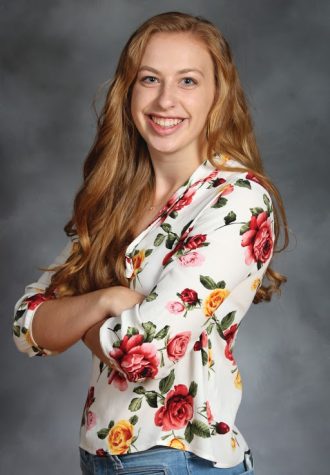I have to save my money? High school students may think they don’t have to worry about saving money for many expenses. On the contrary, money starts becoming another issue students have to worry about in their teen years. In order to make finances a bit easier, stay on track, and save as much as possible while young.
One of the best ways to save some cash is to cut out all of the extra expenses. Although an occasional coffee or breakfast item is fine to pick up on the way to school, making a stop everyday may be costing you more than it is worth. Buying a $3 breakfast may not seem very expensive, but a year later, bank accounts may differ. If bought once a day for 365 days, the amount of money spent is over $1000. It is best to consider the benefits and whether you can afford to continually purchase small items daily.
Another way to manage expenses is to earn some extra cash. Get paid for some of the small jobs that can be picked up here and there. Debbie Claussen, FACS teacher, suggests, “Babysitting, dog walking, cleaning windows, cleaning people’s gutters, raking leaves, shoveling snow, being a pet sitter or house sitter over the holidays, teaching older people computer skills are all possibilities of ways to make money.” Like before, the small amounts coming in also make the same impact as small amounts being spent–just in the opposite direction of course.
Next, evaluate whether or not the items you purchase from your savings are smart decisions. Spending money the first second it’s earned is not suggested. In order to prevent impulse purchases, keeping in the mindset of saving can help as well as putting away money for a later time. One way to do this is by putting money into the bank for safekeeping.
To keep the money you’ve earned safe, but still easy to access, consider opening an account at the bank. Savings accounts are the most fluid–meaning it is easiest to get money out when it is wanted. These accounts can also make you more money just by keeping money in the account. This money earned is called interest. Although interest rates are usually very low, keeping money in a savings account is a good option for high school students.
Some teenagers have debit cards. According to usnews.com, “A debit card will allow teens to see whether they spend money more easily when it’s virtual, and they can prepare to take extra care when using credit cards as they get older.” Debit cards can be especially useful once an individual starts to drive. In order to never run out of cash on hand to pay for gas, having a debit card can be useful. One must be extra careful when using a debit card in order to avoid overdraft fees. These are dues one is charged for taking out more money than what is in the account.
No matter how money is saved, spent, or earned, it is good for students to get a handle on finances at a young age. In order to learn more about how to manage expenses, students are encouraged to take Personal Finance, a semester-long class offered at PV for those interested in finances.








